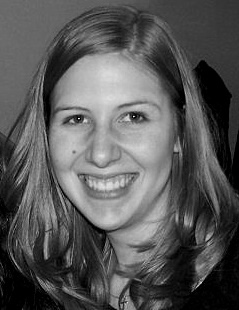Celebration of Scholars
Adapting the Novel "Day After Night"
 Name:
Mikaley Osley
Name:
Mikaley Osley
Major: Theatre and English
Hometown: Centennial, CO
Faculty Sponsor:
Other Sponsors:
Type of research: SURE
Funding: SURE
Abstract
Anita Diamant’s novel Day After Night sheds light on post World War II, highlighting the displacement of Jewish refugees as they flee to Israel and establish statehood. The desire was to bring this story to life on the stage by adapting the novel into a play. In doing so, it was necessary to delve into the historical, political and religious worlds of the time. In order to transfer the story into a script for the stage, the text was studied on a basic level, focusing on the art of adaptation by reading books of the time period and their respective scripts, discovering what was changed and kept to maintain the plot structure and character arches. Additionally, the vernacular was pertinent for altering their speech while staying true to the character’s personality. In order to better understand the story, research was conducted on the historical affects of World War II, specifically the aftermath of the Holocaust, exploring what happened to the Jewish people immediately after the war was over. The majority of media portraying these historical events rarely includes the consequences; the public knows what happened during but not after. The purpose of this script was to present this forgotten, ignored history to a larger audience, opening their eyes to the issues of the past and the affect they have on the present. The political groups created at this time, such as the Zionists, ignited current political issues like the Palestine/Israeli conflict and escalated the animosity between the Arab and Jewish people. The research was compiled into a dramaturgy packet, or “educational packet”, for the designers, director, and actors to enhance the knowledge of the participants, enabling them to better portray an accurate story on the stage. The packet covers a variety of subjects such as defining religious terms, explicating on historical events, describing the typical diet, containing lyrics for songs, and reciting the aims of the different political groups. By adapting the novel into a script, it provides a creative outlet for this lost piece of history, giving it a voice, and thus utilizes the past for awareness and discussion in regards to today’s issues.
Submit date: March 13, 2013, 8 p.m.
